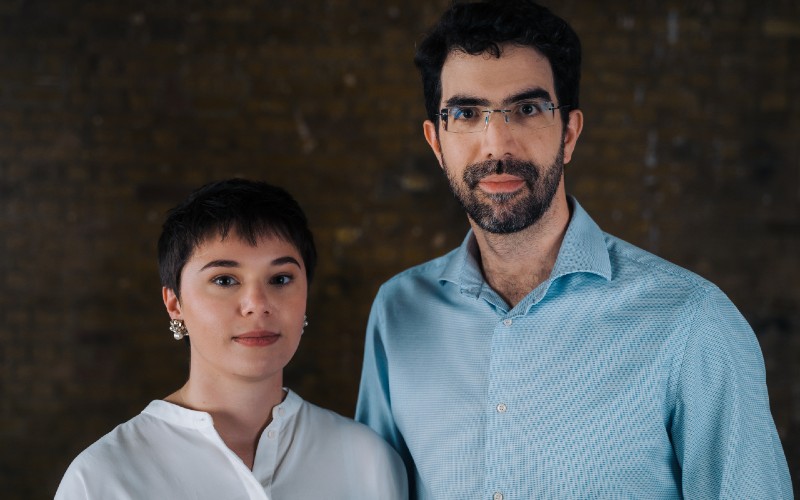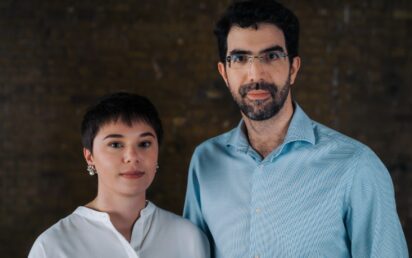Thymia has raised a £780,000 pre-seed round to scale its platform to assess for and monitor depression.
The technology removes subjectivity from mental health assessments: instead of answering questionnaires, patients play specially designed videogames which use cutting-edge Neuropsychology, Linguistics and Machine Learning to detect signs of depression, as well as monitor whether symptoms are improving or worsening over time.
Through its online platform, Thymia will empower clinicians to make faster and more accurate clinical decisions by making mental illness as objectively measurable as visible physical conditions.
Kodori AG and Calm/Storm co-led this round, which was also joined by Form Ventures and included backing from Entrepreneur First.
Co-founded by neuroscientist Dr Emilia Molimpakis and theoretical physicist Dr Stefano Goria, Thymia was created after a close friend of Emilia’s developed depression.
“Thymia was born when a close friend of mine tried to take her own life. Her friends and doctors missed the signs that she was so seriously unwell, not least because the process of accessing the right treatment was based on out-dated methodologies not fit for the complexities and nuances of an illness like depression,” she said.
“Depression is a massive, constantly growing societal and economic problem; it is a leading cause of disability and suicides and costs the UK economy billions annually in lost productivity.
“COVID-19 has further compounded the issue, unleashing a mental illness ‘tsunami’ due to a lack of in-person appointments, but also its harsh societal effects – social isolation, employment loss, bereavement and grief.
“Despite this, GPs and psychiatrists are using the same diagnostic questionnaires that have been around since the 1960s. Rating how sad you feel on a scale of 0 to 3 simply is not enough to capture the subtle nuances of early signs of depression nor track the complexities of ongoing mental illness, but our clinicians have not been given a better option.”
Thymia provides them with a more accurate, faster process for assessing and monitoring major depression.
Emilia and Stefano, who is an expert in explainable, multi-modal AI, have carefully created video game-style activities and challenges for patients to interact with, such as verbally describing animated scenes or interacting with moving objects.
Whilst users complete the games, the Thymia software anonymously analyses voice (both how someone speaks and what they are saying), video (micro-expressions and eye-gaze) and behavioural measures (reaction times and error rates).
The software then identifies data patterns indicative of depression to help pinpoint a diagnosis more quickly and accurately.
Crucially, it will also show if any treatments – whether therapies or medications – are working.
Thymia is gathering rich data from hundreds of subjects with major depressive disorder and a normative control group to ethically and inclusively train their AI.
They says they are removing the racial, gender and age biases typically associated with AI models to make their assessments as accurate and objective as possible.
They have already established collaborations and partnerships with several world-leading research institutes, including UCL and King’s College London, to help scale use of the technology to other cognitive disorders.
Lucanus Polagnoli, Founder and Managing Partner at Calm/Storm, said: “We’re very excited about Thymia. It’s going to bring the same level of objectivity to mental health that we expect in the realm of physical health.
“Emilia and Stefano impressed us from day one with their passion, academic prowess, and rigorous commitment to building a truly inclusive mental health tool.”


